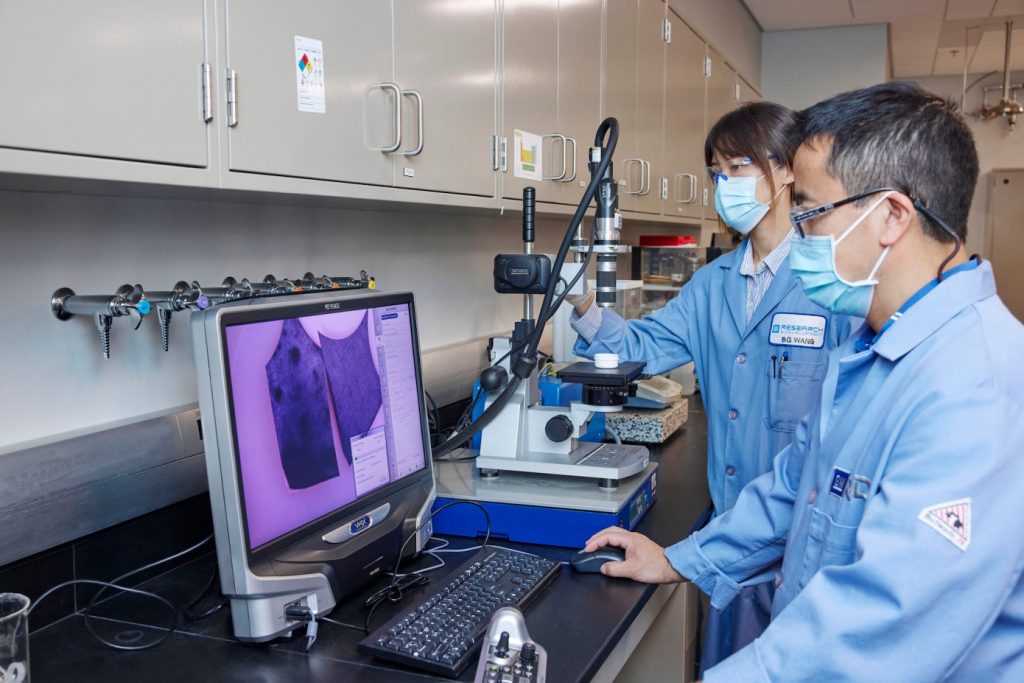General Motors is working on making long-range, rapid-charge, and more ecologically tenable batteries in a facility in Michigan which is around 300,000 ft². According to a recent press release from the company, it wants to make a battery that is “up to 1,200 watt-hours per liter.”
The assembly line aims to become “one of the only ones in North America that can use large format prototype cells, up to a meter wide or even wider than that, with uniform stacked electrodes,” said Vice President Ken Morris of GM’s electric and autonomous vehicles. This was mentioned according to a report from The Verge. GM wants to manufacture batteries that support an energy density of “up to 1,200 watt-hours per liter,” said Morris, in the report. “And that means that you can easily have a 500- or 600-mile vehicle on a single charge that’s possible, creating a new reality for our customers.”
The batteries can stack horizontally or vertically within the battery pack, depending on the situation.
“With these high-energy-density, low-cost vehicles, we really think we can have a better package that’s less mass, better for the vehicle, better for the customer, and it can be the reality as quickly as we can through the Wallace Innovation Center,” explained Morris in the report.
These batteries will be used in the Hummer EV coming next year.
“The Wallace Center is going to be a colocation of development engineers, research engineers, and manufacturing engineers, where we’re going to accelerate this next generation,” said Morris. “Technology like lithium metal or pure silicon anodes, even solid-state batteries.” As implied, GM’s forthcoming “innovation center” isn’t a conventional manufacturing facility for batteries, per se. Instead, it will enable the company to try various production styles.
All of this is being done to stay relevant in the carbon-neutral automotive market which has the objective to go carbon-neutral by 2040 entirely. GM is scheduled to stop providing gasoline and diesel vehicles by 2035. This makes these effective, reliable, and long-range batteries very important to the company.

